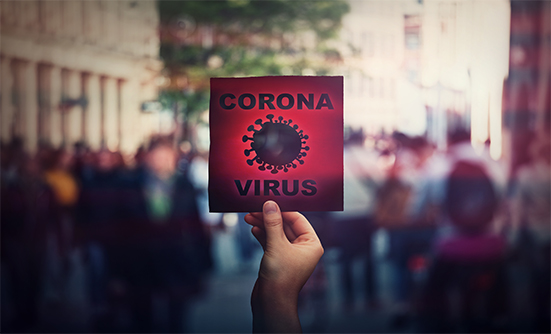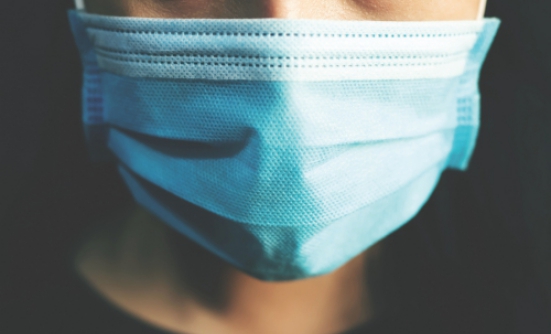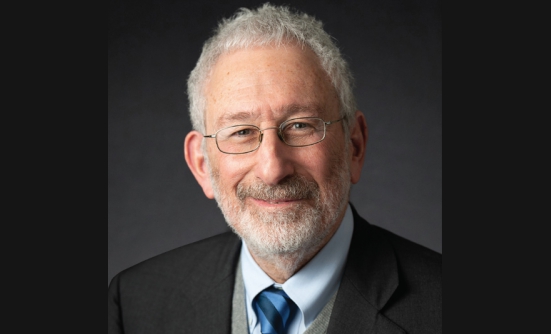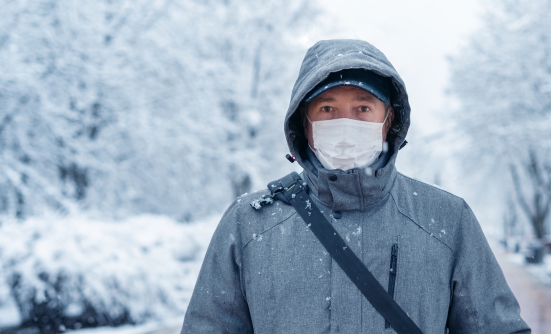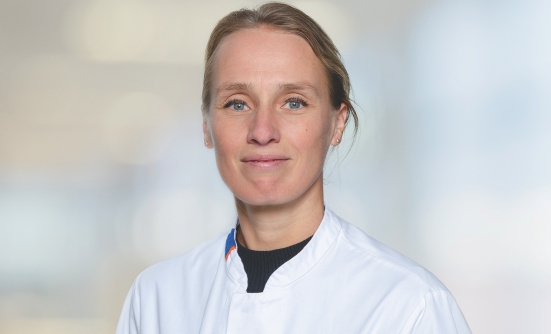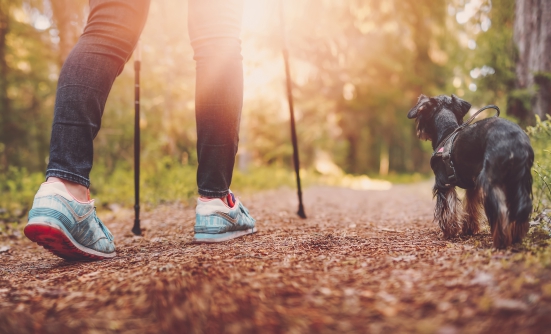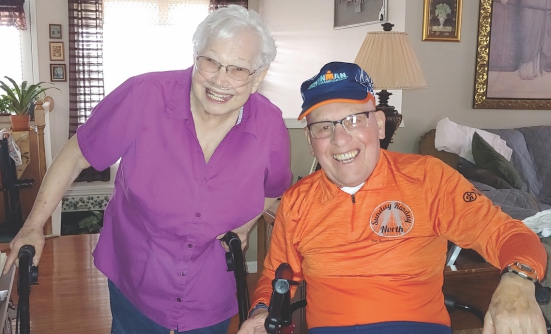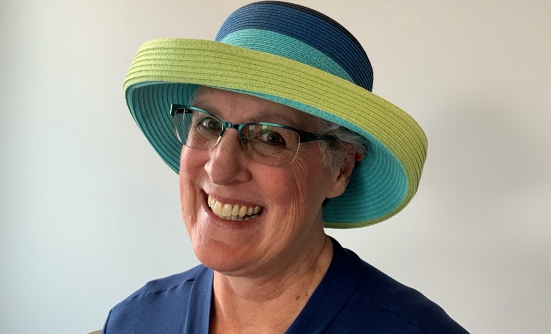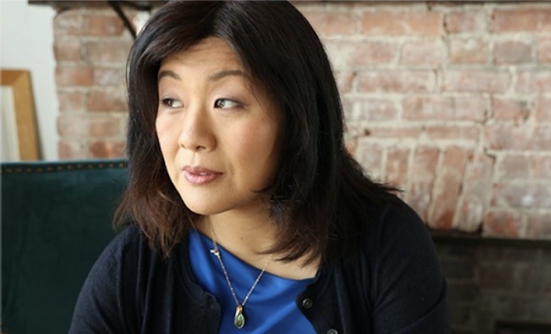In these unsettling times caused by the rapid spread of the novel coronavirus that results in COVID-19 infection, patients with cancer must be particularly well-informed and extra cautious. Although patients with cancer are not at greater risk than other people to get infected by this virus, their precarious immune system requires extra caution.
If you or a family member has cancer, you probably have many questions about the COVID-19 pandemic and what this new situation, including social distancing, means to those who are already dealing with the challenges of cancer.
Look for Information
It is important to attain as much information as possible regarding your, or your loved one’s, specific situation as it relates to cancer and the current crisis. In addition, because the virus affects the respiratory system, especially the lungs, patients with lung cancer may need to take special precautions.
Experts strongly recommend that patients with cancer talk with their cancer care team and address any questions and concerns they may have in these challenging times, especially if they are receiving active treatment.
It is also important to remain calm; remember that the majority of people infected with COVID-19 eventually get well, but the symptoms are often serious. Those who recover and also have cancer may have a particularly hard time getting back to “normal.” It is better to be overprepared than underprepared.
Although COVID-19 is associated with a novel strain of coronavirus, there is already a large amount of reliable information online, as can be gleaned in the Patient Resources Box at the end of this article. New information is becoming available daily.
Watch for Symptoms
While most Americans are practicing social distancing, many people have more time to go online and look for information. But be mindful of using reliable sources.
In her online blog “Coronavirus 2019: What People With Cancer Need to Know,” Merry Jennifer Markham, MD, FACP, Chair of the American Society of Clinical Oncology Cancer Communications Committee, listed the common symptoms associated with COVID- 19, noting that these “can be mild to severe and can include fever, cough, and shortness of breath.”
She notes that additional symptoms may include “aches and pains, nasal congestion or runny nose, sore throat, or diarrhea”.
If you have any of these symptoms and suspect that you may have a coronavirus infection, a COVID-19 test should be considered quickly.
Cleanliness Is Next to Godliness
As we have heard repeatedly in the past few weeks, washing your hands with soap and water for at least 20 seconds remains the best way to properly clean your hands. For an alternative to hand washing, you can use hand sanitizer with at least 60% alcohol.
Following the CDC’s recommendations, the LUNGevity Foundation advises “washing your hands often for at least 20 seconds or using a hand sanitizer that contains at least 60% alcohol after coughing, sneezing, or blowing your nose or after touching surfaces in a public place. To the extent that it is possible, social distancing (e.g., staying at home or avoiding public transportation and events) is recommended, particularly in communities where COVID-19 is spreading”. Although this article is focused on patients with lung cancer, it provides good information for anyone dealing with cancer.
Dr. Markham also recommends using household cleaning sprays or wipes to clean objects and surfaces that you touch frequently. “These surfaces and objects,” she says, “include doorknobs, counters, toilets, keyboards, tablets, phones, and more.”
You can also use hand sanitizer to disinfect surfaces that you touch regularly. Becoming mindful of the things you touch often throughout the day will help you clean your personal environment.
And, as you have probably heard a million times, don’t touch your face.
Take Precautions
Because people with cancer have a weakened immune system (or are immune compromised), which makes it more difficult to fight infections such as COVID-19, they need to take extra precautions amid this outbreak. Practicing social distancing and staying away from other people to minimize the risk of infection are especially important. Preparing for periods of not being able to go out of your home is also a good idea.
Dr. Markham suggests that you check any essential medications you are using, including prescription and over-the-counter drugs, and make sure that you have enough to “last for at least one month.”
If you have a scheduled appointment for cancer treatment or for a follow-up, talk with your doctor or your navigator to see if your in-person appointments can be changed to virtual appointments. And if you already have a scheduled treatment plan, find out if it makes sense to delay the treatment or if it should continue as planned.
Especially for patients with advanced cancer, but also for other patients with active cancer, delaying treatment is often not an option; it may enable the cancer to progress further.
It is therefore crucial for people who are receiving active cancer treatment to check with their providers to find out what the best strategy is for them during these times. Taking appropriate precautions can help to maintain your treatments as planned.
Blood Cancers and COVID-19
In a video posted online, Sonali M. Smith, MD, Interim Chief, Section of Hematology/Oncology, and Director, Lymphoma Program, University of Chicago Medical Center, suggests that patients who had stem-cell transplant, those who received CAR T-cell therapy, and patients with blood cancers (or hematologic malignancies), such as multiple myeloma, leukemia, or lymphoma, are at even increased risk if they get infected with COVID-19. This is because their high level of immunosuppression makes their body potentially less able to fight the infection.
So, take precaution by staying away from people who are sick, and keep up diligent personal hygiene. Ensure that those who are in your personal space also keep up proper hygiene and social distancing. It is your health that is at stake.
It is now widely accepted that wearing a face mask may help to prevent the spread of COVID-19 infection to people around us. Experts also believe that wearing a mask may protect you from inhaling the virus, which can be transmitted through breathing, not just by sneezing or coughing.
Wearing a surgical mask or a cloth mask is appropriate for the general population. It is not necessary to wear the N95 masks that professionals wear.
Personal Time
On April 4, 2020, during the American Association for Precision Medicine (AAPM) and GYRT Health virtual meeting on cancer and the COVID-19 infection, Prasun J. Mishra, PhD, CEO of AAPM and Chair of AAPM’s COVID-19 Taskforce, offered compelling suggestions about using your time at home for introspection.
“Going inwards, going within yourself, and having time to do that, is the most sacred thing one can have. Let’s be thankful for having that in our lives right now,” Dr. Mishra said.
Similarly, Dr. Smith advises that instead of going to the gym, people with cancer should stay home and join one of the thousands of workout and yoga videos available on YouTube. Make use of the Internet and connect with family and friends who you have not spoken to in a while because you had less time to yourself.
If you are like most people in the country, you should have more free time now, and so should your friends and family members.
Do whatever you can to avoid big crowds and mass transit, and make the most of your time at home by realizing the unique opportunity to dive into yourself deeper while the world around you is on pause.
Limit your potential exposures to the virus as much as possible, and make use of the many virtual activities that are available today.
Use Trusted Sources Only
According to the FDA and other experts, several clinical trials are being conducted in the United States and in other countries to find reliable treatment for COVID-19. But for now, no treatment has been proved safe and effective, despite many suggestions to the contrary. Several antiviral therapies and antibiotics have been promoted as potential treatments, but there is insufficient evidence to support that, and using such treatments may carry risks.
It bears repeating, Dr. Markham said, especially in such uncertain times, that we must always remain skeptical of information found on the Internet. In her article, she swiftly puts to rest the myth that is spreading online that drinking bleach can cure the novel coronavirus infection. This is simply not true and potentially dangerous.
And this is the type of information to be wary of. Always double-check the sources for outlandish claims, and stick to information from trusted resources, such as the CDC and your local and state health departments, as well as reliable information listed in the Box below.
For additional reliable information on COVID-19 and cancer, visit CONQUER magazine.
Patient Resources
AAPM and GRYT Health
http://www.grytmentalhealthsummit.com/en/
Cancer.Net/ASCO
http://www.cancer.net/blog/2020-04/coronavirus-and-covid-19-what-people-with-cancer-need-know
Centers for Disease Control & Prevention
http://www.coronavirus.gov
CONQUER: the patient voice / COVID-19
https://conquer-magazine.com/categories/109-covid-19
Livestrong
http://www.blog.livestrong.org/tips-tools-for-living-with-cancer-during-covid-19-7c1ac49ea260
National Cancer Institute
http://www.nih.gov/coronavirus
National Institute of Allergy & Infectious Diseases
http://www.niaid.nih.gov/diseases-conditions/coronaviruses




